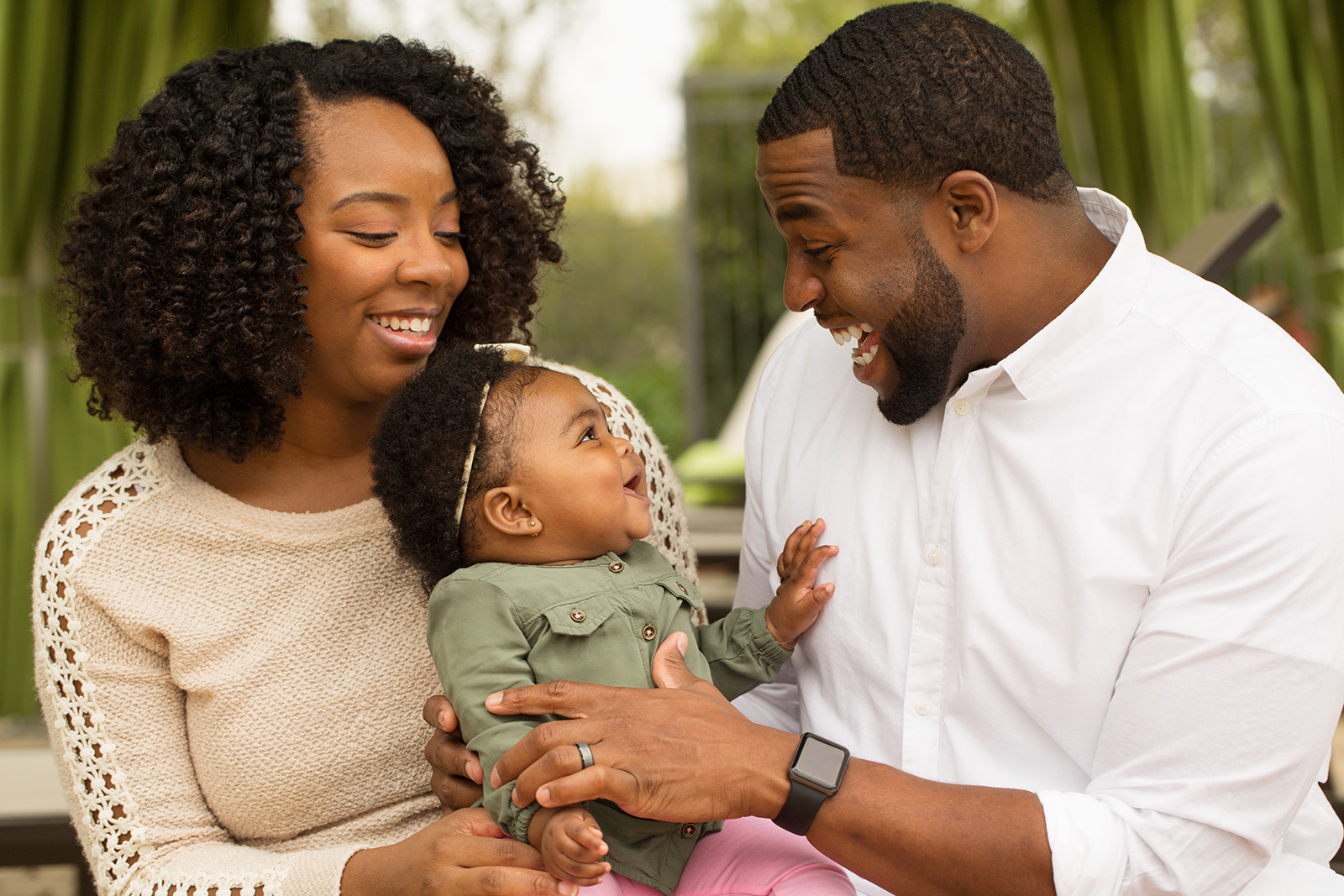Oral Language and Literacy
“Oral language is the foundation of learning to read and write. Speaking and listening skills learned in the preschool years are crucial to future reading and writing achievement and school success. It is essential, therefore, that in their early years all children are exposed to an abundance of language in their everyday lives.” (Roskos, Tabors & Lenhart, 2009)

Oral Language Comprehension
“Oral language is the ability to listen and respond with understanding. To comprehend oral language, children need to pay attention and listen with purpose. Children’s oral language comprehension abilities improve when they are read to, asked interesting questions, given clear explanations, and encouraged to express their ideas.” (Roskos, Tabors & Lenhart, 2009)

“Serve and Return” (back and forth interactions)
“Child-adult relationships that are responsive and attentive—with lots of back and forth interactions—build a strong foundation in a child’s brain for all future learning and development. The “serve and return” interaction between parent and baby builds and strengthens brain architecture and creates relationships in which the baby’s experiences are affirmed and new abilities are nurtured. Growth-promoting relationships are based on the child’s continuous give-and-take (“serve and return” interaction) with a human partner who provides what nothing else in the world can offer – experiences that are individualized to the child’s unique personality style; that build on his or her own interests, capabilities, and initiative; that shape the child’s self-awareness; and that stimulate the growth of his or her heart and mind.” (Center on the Developing Child, Harvard University, 2004)
Theme Based Learning using Oral Language
“A 21st century goal is to use themes that strengthen and build children’s word and world knowledge. For this we need compelling themes that organize experiences, activities, projects, and play around strong early learning standards.” (Roskos, Tabors & Lenhart, 2009)
Living with Letters urges parents and caregivers to engage their child in a theme-based approach to learning that begins with an experience or discovery in a child’s surroundings, followed by either a hands-on activity, or reading a book about the topic. All activities should emphasize ongoing oral language or ‘Rich Talk’ through ongoing dialogue between parent/caregiver and their child to reinforce their experience in nature, new vocabulary learned, while creating hands-on projects that replicate nature to help remember their experience.
Videos
Videos presented on this website encourage ongoing oral language (dialogue) between parents, caregivers and their prekindergarten children. Continuing dialogue deepens a child’s understanding of a topic and reinforces new vocabulary while building background knowledge. Background knowledge and rich vocabulary are essential in strengthening comprehension skills in third grade and beyond.

Activities
RICH TALK – “One way to ensure a lot of substantive conversation is to stimulate talk that is rich with ideas, facts, observations, connections, and feelings that relate to children’s immediate experiences.” (Roskos, Tabors & Lenhart, 2009)
READING ALOUD – “Reading aloud storybooks is especially beneficial, because while listening to stories and information books children also learn book language, book structure, new concepts, and new vocabulary. These opportunities not only build the skill of listening with understanding but also expand children’s background knowledge and the amount of words they can use to talk about experiences.” (Roskos, Tabors & Lenhart, 2009)
TALK THROUGH EXPERIENCES – “When you take your child on outings, surround these new experiences and events with lots of comments, questions and answers between you and your child. Talk about what you are going to do before you do it and afterward, talk about what you did. Structure these conversations to encourage the children to do more of the talking by asking questions and sharing interest in your child’s thoughts by waiting patiently, suggesting words as needed. Let your child sometimes control the subject of the conversations, and encourage her or his efforts to use new words and to describe complex or distant topics. For young children whose developing minds are striving to become literate, talk is essential – the more meaningful and substantive, the better.” (Burns, Griffin & Snow, 1999)
Recommended Reading
Burns, M. S., Griffin, P., & Snow, C. E. (Eds.). (1999). Starting out right: A guide to promoting children’s reading success. National Research Council. Washington, DC: National Academy Press.
National Scientific Council on the Developing Child. (2004). Young Children Develop in an Environment of Relationships. Working Paper 1. Center on the Developing Child Harvard University. www.developingchild.harvard.edu.
Roskos, K. A., Tabors, P. O., & Lenhart, L. A. (2009). Oral language and early literacy in preschool. Newark, DE: International Reading Association.
